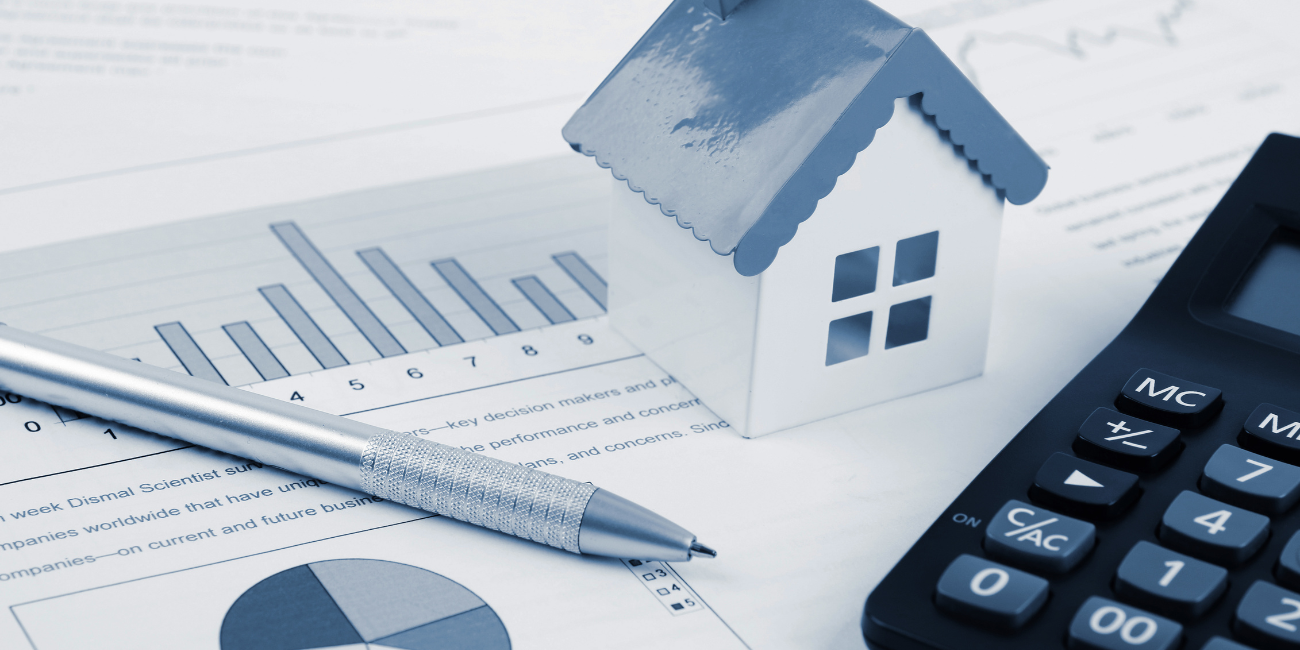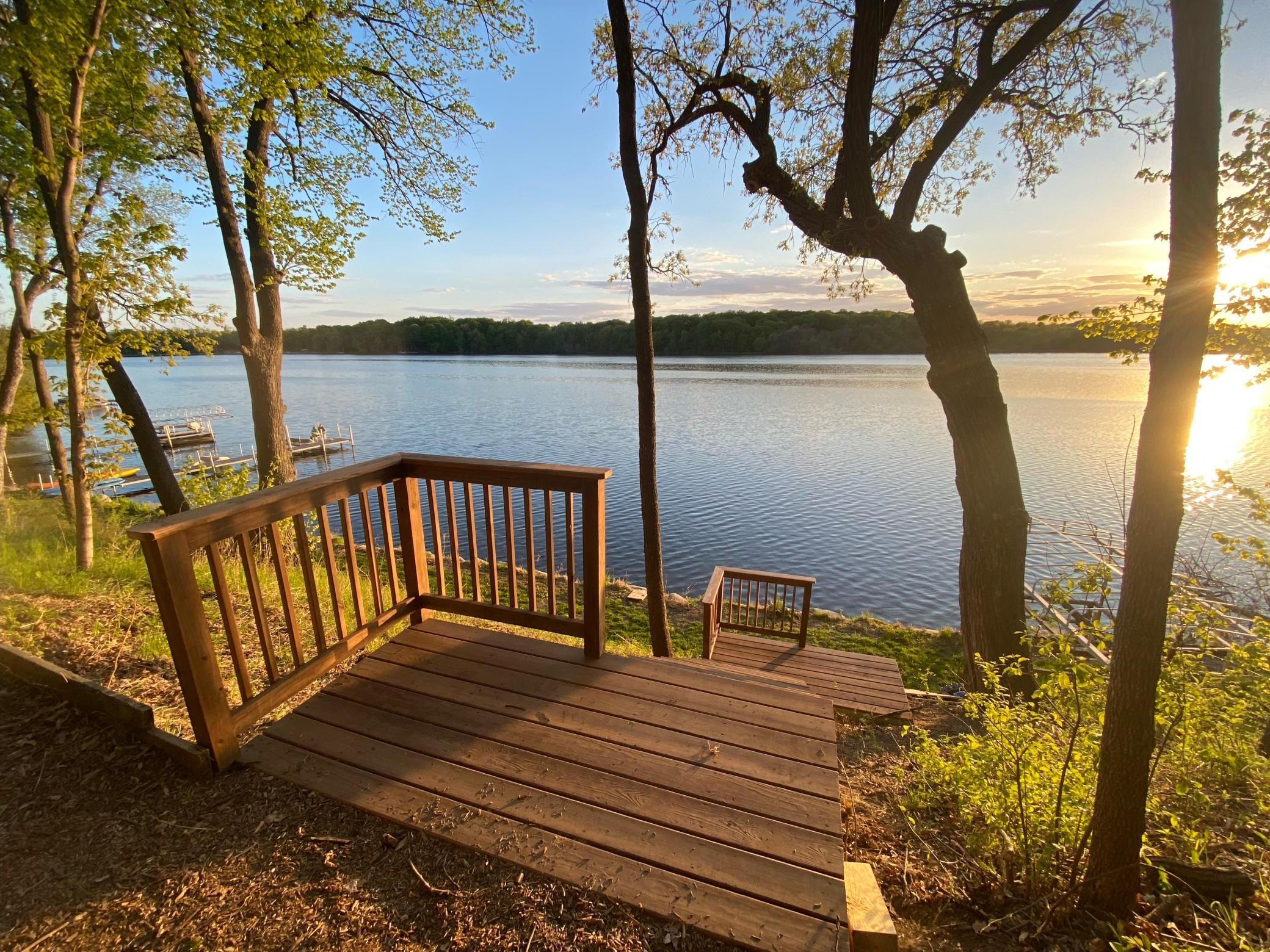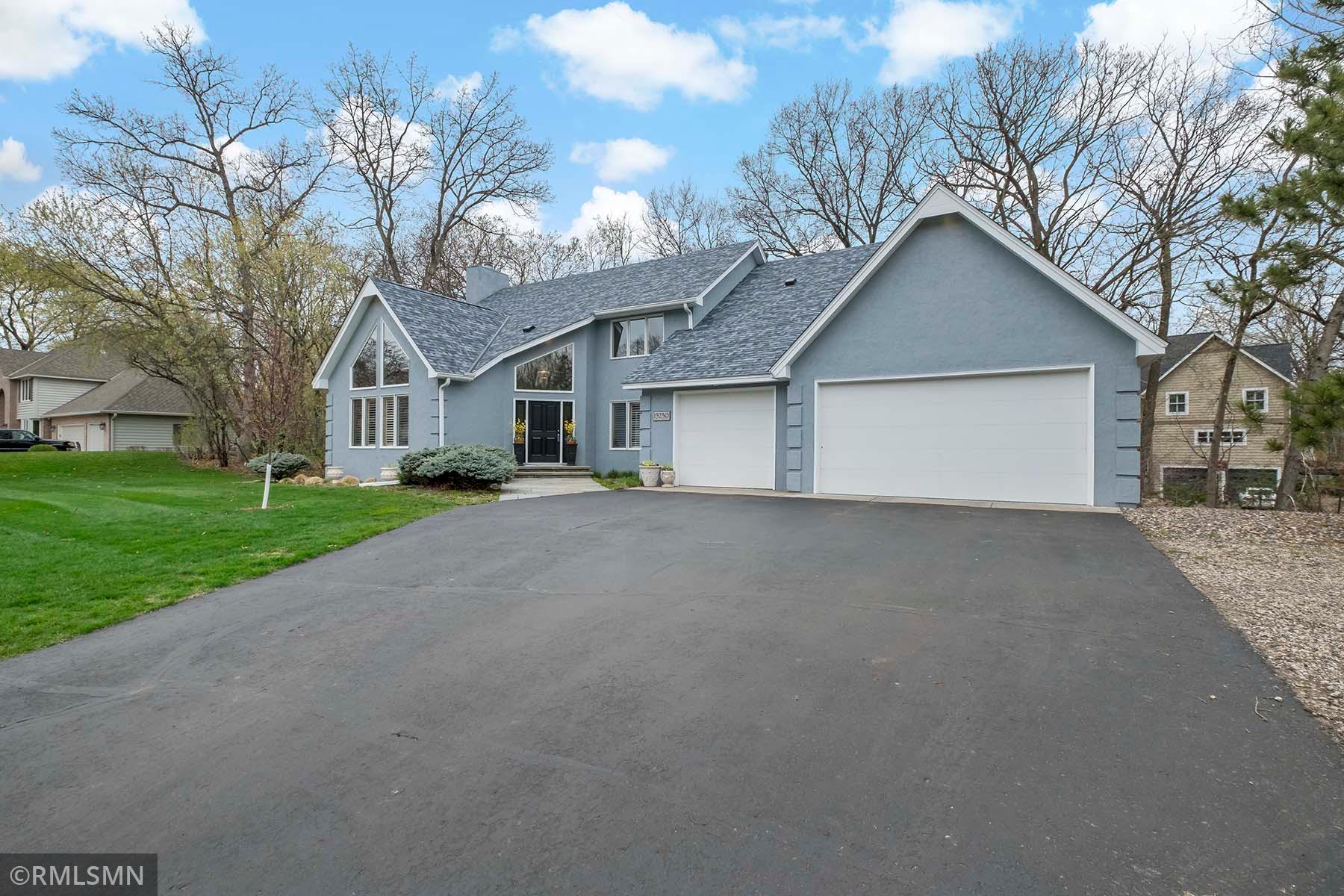If you've been exploring the idea of flipping or remodeling your home, then understanding ARV (After Repair Value) is crucial. But exactly what is ARV in real estate?
ARV represents the estimated value of a property after it's been fully repaired or renovated. It gives you an insight into how much potential value can be added by investing in repairs and improvements. Now that we know what ARV means, let's uncover its importance on your journey toward successful real estate investments.
Imagine you stumble upon a charming fixer-upper nestled right among the Excelsior MN houses. This one has endless possibilities just waiting to be unlocked through renovation magic. With the help of accurate market data and comparable properties as references from reliable sources, calculating ARV becomes easier than ever before!
Knowing the projected future value helps determine if a potential investment property aligns with your financial goals - whether it's buying low and selling high or maximizing rental income over time.

What is ARV in Real Estate?
ARV, short for After Repair Value, is the estimated value of a property after it has undergone necessary repairs and renovations. It's important to note that ARV does not refer to the current condition of the property but rather its potential value once improvements are made.
House flippers use ARV as a guideline to assess if buying and then reselling an investment property after completing renovations makes any financial sense. These renovations could range from small-scale updates like new kitchen appliances all the way to major overhauls like replacing the roof or upgrading electrical systems. By calculating ARV, flippers can determine if their investment of time and money will yield a profitable return.
How ARV Works in Real Estate
ARV involves a strategic process to determine the potential value of the property after repairs. Let's break it down into three key aspects: buying the property as-is, estimating repair costs, and setting the selling price post-renovations.
-
Buying the property in its existing condition
Real estate experts and savvy investors have a knack for spotting diamond-in-the-rough properties. Purchasing these fixer-uppers at lower prices allows them to factor in the costs of future repairs and renovations.
By securing a property at an attractive price, you increase your chances of turning a profit after making improvements. However, be mindful that sellers may reject offers deemed too low. It's important to conduct thorough market research and negotiate wisely to strike the best deal possible. -
The cost of repairs
When estimating the cost of repairs, it's crucial to consider the property's condition at the time of purchase. Renovation estimates can be a bit like peeling an onion - you might uncover additional repair needs beyond what was initially planned.
Let's say you budgeted for repairing siding, flooring, ceilings, and kitchen remodels. However, as you start working on the siding repairs, you may discover hidden issues, such as mold infestation in walls or even basement areas, that require professional remediation services. These unexpected costs can add up quickly and impact your overall budget. -
The selling price after repairs
Determining the appropriate selling price after completing renovations is a crucial step in calculating ARV. While you want to maximize your return on investment, it's important not to overprice the property.
Think about it- you invest a significant amount in repairs and upgrades, making the home shine like never before. However, if you set an asking price that exceeds the market value or surpasses what similar properties are being sold for in the neighborhood, potential buyers may shy away.
It's essential to conduct thorough research on comparable properties within your area and adjust your selling price accordingly. This will help attract interested buyers and ensure a realistic ROI when it comes time to sell.
Why Is ARV Important for Real Estate Investors?
ARV holds immense importance for real estate investors and house flippers. Instead of buying properties at market value, investors can utilize ARV to negotiate a discounted purchase price that takes into account the estimated repair costs. By purchasing below market value, they increase their chances of turning a profit.
But it doesn't stop there! ARV is also useful in securing loans for renovation projects. Lenders offer renovation mortgages based on a percentage (around 75%) of the property's ARV, allowing investors to fund their flip or remodel without draining all their resources.
And guess what? Homeowners looking to renovate can benefit from calculating ARV too! It provides them with insight into how much value their renovations will add to the property before investing time and money into upgrades.
What Are the Benefits of Calculating the ARV in Real Estate?
As a potential flipper or remodeler, you'll want to maximize your real estate investment. Calculating the ARV surely holds the key in this regard! Check out the benefits that this process brings-
- Economic Evaluation: Knowing the ARV helps you determine whether investing in a particular property makes economic sense. For example, if repairing a house and its current value exceeds the ARV of comparable properties nearby, it might not be worth your investment.
- Strategic Bidding: By calculating the ARV, you can decide on your maximum offer price to sellers. The higher repair costs involved, for instance, would lead to a lower bid on an investment property.
- Repair Cost Analysis: You can estimate how much money you'll need to invest in future repairs to list the property at your desired sales price.
- Profit Projection: Calculating the ARV allows you to estimate potential profits from renovating a property. This insight helps ensure that all expenses incurred during renovations align with—and do not exceed—your profit goals.
- Financing and Rehab Loans: The ARV is essential in determining the amount of financing or rehab loan you can afford for your investment property renovations. Lenders typically prefer to finance a loan that is 75% less than the property's ARV. So, knowing this value will help guide your borrowing decisions.
- Prioritizing Repairs: Understanding the ARV allows you to prioritize repairs and renovations based on their potential return on investment (ROI). By focusing on high-impact improvements, such as updating kitchens or bathrooms, you can make strategic choices that will attract buyers or tenants and increase the property's overall value.
How Do You Calculate ARV?
Calculating ARV may seem like a daunting task, but it's actually quite straightforward with some basic steps.
First, gather data from the multiple listing service (MLS) for recently sold comparable properties or "comps." These should be as similar as possible to your subject property in terms of condition, age, size, construction style, and location. Aim for three to six comps that have sold within 90 days.
Next up is finding the average sales price of these comps. Let's say you find four renovated properties in the neighborhood with an average price of $175k. That is your ARV!
For a more precise estimate, you can calculate the average price per square foot by dividing the total sales prices by their respective square footage. Then multiply it by your subject property's square footage—let's say 1,200 sq ft. If we take the average per square foot at $145 for your comparable properties, you'll find an estimated ARV of $174k.
Consulting with an agent may come as a great help. While determining ARVs yourself is doable for some investors, having a professional real estate agent provide a comparative market analysis (CMA) ensures accuracy.
So there you have it—calculating ARV simplified! With accurate data and references at hand, you can surely make confident investment decisions.
The ARV Formula in Real Estate Investing
When it comes to determining a property's After Repair Value (ARV), real estate investors have an unwritten rule of thumb. It goes like this: Most investors don't want to purchase a fixer-upper at market value. They aim for a discount taking into account the repair costs. This is where the “70% of ARV” takes the stage.
Here's the handy ARV formula:
70% of the ARV minus the repair cost equals the maximum offer price.
Let's break it down with an example:
Imagine you have your eye on a property with an estimated ARV of $250,000 and the value of repairs is $55,000.
So using our trusty formula:
($250,000 x 70%) - $55,000 = $120,000 (maximum offer price)
Now remember that this is just the highest amount you should consider paying for the property. You can maximize profit potential and make room for future surprises or expenses. In that case, it's smart to start even lower!
Although 70% tends to be pretty standard within our industry—some rehabbers or wholesalers go as high as 75%-80% depending on competition levels and local market conditions! Just keep in mind—the higher percentage used means greater profits if all goes well but also more risk involved.
Accurately estimating the value of renovations will leave less room for unexpected headaches! So get detailed quotes from contractors including everything—from cosmetic improvements like new kitchen cabinets or paint options—to structural changes such as HVAC replacements—it all adds up!
Don't forget that those bills can pile up while remodeling. Keep holding costs in mind—water payments or electricity usage. Also, don't overlook securing proper insurance coverage on your potential investment.
After Repair Value Calculation Tips
To make yourself confident in the process, get these expert tips on how to estimate the potential value and make smarter real estate investment decisions!
-
Form a good team
Real estate investing is a team sport, and forming a good team is key. Your realtor and contractor play vital roles in determining ARV. A competent contractor assesses repair costs accurately, while your realtor ensures realistic numbers. Trust their expertise to maximize profits! Remember, you don't have to do it all alone - build an exceptional team for successful rehabs.
According to a study by the National Association of Realtors (NAR), 82% of homebuyers work with agents for purchasing decisions in today's competitive market.
-
Perform your part of the take diligently
Performing your part of the task diligently is key to estimating ARV accurately. Before buying that fixer-upper, conduct thorough inspections and walk-throughs for potential issues like mold or pests. Pay attention to roof and foundation conditions, too; water damage or shifting can be costly down the line. Do your due diligence now to save on repairs and maximize future profits in real estate investment!
For accurate statistics regarding repair costs, there are several resources you can consult, such as Remodeling Magazine's annual Cost vs. Value Report, which provides average cost estimates for various remodeling projects across different regions.
-
Review multiple estimates
When it comes to reviewing estimates for your repair costs, don't settle for the first one you receive. Reach out to at least three contractors and ask for detailed written estimates. Consider factors like their reliability and timeliness in addition to price, as delays can eat into your bottom line. By comparing multiple estimates, you'll gain a clearer picture of your budget and future property value.
Remember, finding reliable contractors is crucial – they're the ones who will bring your vision to life! So take your time before making a decision that could impact not only the cost but also the quality of work on your investment property.
-
Learn about your market well
Before you dive into renovations, it's crucial to understand your market. Not every improvement makes sense for the neighborhood. Consider what buyers in that area value most - a swanky pool might not be worth it if space is limited!
A knowledgeable real estate agent can help pinpoint the right upgrades for your location and provide invaluable insight into property values. So remember, knowing your market is key to estimating ARV accurately!
-
Listen to your realtor
Your realtor is your trusted guide in the world of ARV estimation. While you might have market knowledge, they understand local property values like no other.
They analyze comparable sales and listings within a specific radius to provide an accurate assessment of your property's ARV. Ignoring their expert advice can lead to disappointment if you overprice it without solid data backing it up.
What Are The Risks Of An ARV?
In the case of ARV, risks are just as important to consider as potential gains. While calculating After Repair Value can provide valuable insights into a property's worth after renovations, it's essential to be aware of its limitations.
One risk is that ARV only captures a snapshot in time. Unexpected repairs or hidden damage could arise during the renovation process, causing costs to surpass initial estimates.
The real estate market itself poses another challenge. Changes in housing prices and inaccurate comparable properties can lead to unexpected fluctuations in value post-renovation.
Another factor influencing your ARV estimate is the appraiser's opinion. Their evaluation may differ from yours, impacting your home's final assessed value.
Remember, estimating an accurate ARV isn't foolproof! It all comes down to being well-prepared for any surprises along the way. For instance, putting more money into renovations than originally anticipated!
The Bottom Line
Accurate ARV calculations are crucial when it comes to making informed decisions about investing in real estate. Whether you're a seasoned investor or just starting out, understanding the potential value of your property after repairs will guide your strategy and help maximize profits.
At Excelsior Realty, we have the expertise to assist you in calculating ARV accurately based on market data and comparable properties in Minnesota.
Don't leave your investments up to chance—consult with our real estate professionals today!


